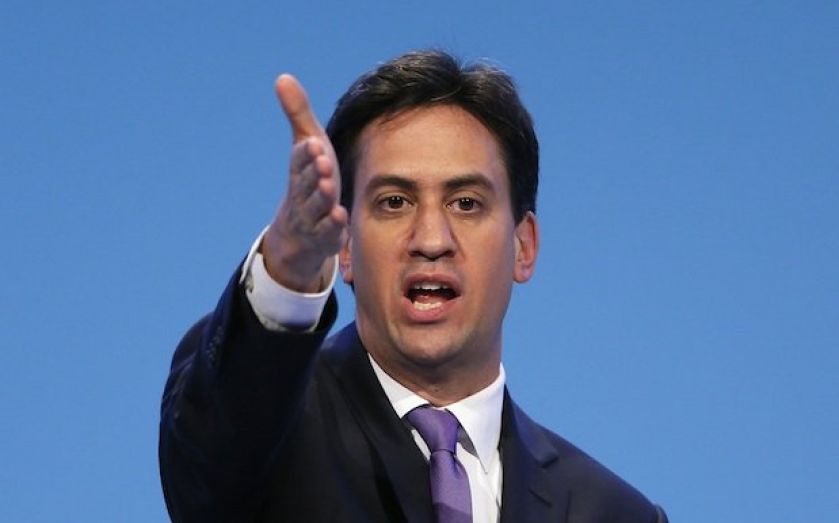Freedom and liberty: The dangerous words our politicians ignore

TWO words have dropped from the political lexicon. In fact, Nick Clegg and Vince Cable, Ed Balls and Ed Miliband appear to find them dangerous. For in their conference speeches, these words weren’t mentioned at all (bar a passing reference from Clegg). Yet the same words were central to many of the great political speeches, and have inspired many of the greatest political reforms across history.
Freedom. Liberty. The words that embody the idea that the state is the servant, not the master, of the people. In their place has emerged the idea that every problem requires a state solution. That we as individuals cannot be trusted to take responsibility for our own lives, but that the state must act on our behalf.
Labour argues – rightly – that energy costs are too high. The wrong answer: cap them. The right answer: more freedom, more competition and fewer “green” taxes. The coalition sees – rightly again – that childcare costs are among the highest in the world. The wrong answer: spend £1.4bn we can’t afford subsidising them. The right answer: reducing childcare regulation to induce more entrants. Labour thinks house prices are out of reach for too many. Wrong answer: land confiscation. Right answer: liberalise planning rules so more homes are built where people want them.
Cynics might argue that the current level of intrusion is the politics of “bread and circuses”. That, in a way, it is our fault because we like to be bribed, albeit with our own money. But people are not so stupid.
Consider some fascinating polling conducted by Ipsos-MORI around Margaret Thatcher’s famous statement that “there is no such thing as society”. Asked whether they agree or disagree with the standalone statement, the majority of the public (74 per cent) disagree. But when the full context of the quotation is given, opinion shifts – radically. For what Thatcher was elucidating was her passion for individual freedom and responsibility. She said:
“We’ve been through a period where too many people have been given to understand that, if they have a problem, it’s the government’s job to cope with it… They’re casting their problem on society. And, you know, there is no such thing as society. There are individual men and women, and there are families. And no government can do anything except through people, and people must look to themselves first. It’s our duty to look after ourselves, and then also to look after our neighbour. People have got the entitlements too much in mind, without the obligations.”
On this statement, 63 per cent agreed while just 24 per cent disagreed. In other words, most people do want to be responsible and free to live their lives as best they can (albeit with a decent safety net for all those facing hard times).
What are the odds that George Osborne or David Cameron will tell us how freedom and liberty inform their political philosophy next week in Manchester? The form book is not good. For they didn’t last year. Nor did they two years ago. Nor three years ago. Fourth time lucky?
Tim Knox is director of the Centre for Policy Studies.
- Labour wipes billions off energy firms as price freeze predicted to cost £6.8bn
- Mandelson says Miliband taking party backwards
- We can bring down UK energy costs without Miliband’s populist price fix
- Q and A: What determines our gas and electricity bills?